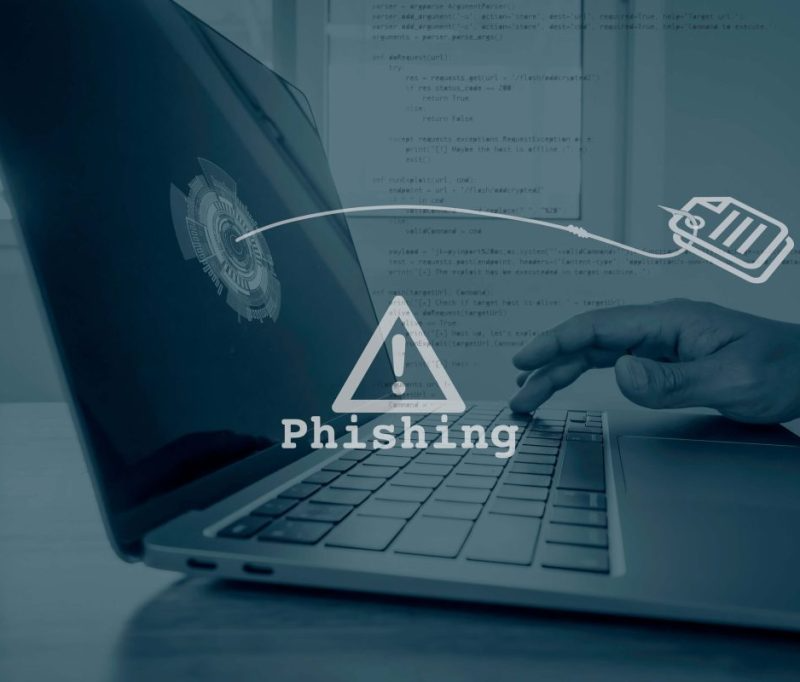Universities today operate in an increasingly digital world, where protecting sensitive information is more important than ever. Staff members across academic and administrative departments handle vast amounts of personal data, research materials, and financial information, making higher education institutions prime targets for cybercriminals. Amid these challenges, cybersecurity training for university staff has emerged as a critical safeguard, equipping personnel with the knowledge and skills necessary to defend against cyber threats.
In this article, we’ll delve into the importance of cybersecurity training within universities, outline how training security awareness can significantly reduce risks, and explore the benefits of partnering with outsourced IT support services to deliver effective protection
Understanding Cybersecurity Training in Higher Education
At its essence, cybersecurity training involves educating individuals on recognising and responding to digital threats. It goes beyond teaching technical skills — it fosters a culture of vigilance, ensuring staff are aware of potential cyber risks and understand their role in protecting the institution’s digital assets.
In universities, where the user base is diverse and access to data is widespread, comprehensive training security awareness programmes are indispensable. These sessions teach staff how to spot phishing emails, handle sensitive data securely, create strong passwords, and follow best practices when using digital tools.

Why University Staff Are Often Vulnerable to Cyber Threats
The higher education environment has unique characteristics that increase vulnerability:
- Diverse and Large User Base: Thousands of staff and students access university systems daily, creating numerous entry points for cyberattacks.
- Varied Technical Expertise: Not all staff possess the same level of technical know-how, meaning some may be less equipped to identify or respond to threats.
- Open Information Culture: Universities encourage sharing knowledge and collaboration, which can sometimes conflict with strict security controls.
- Valuable Data: Institutions store sensitive personal data and proprietary research that hackers find highly valuable.
Due to these factors, university staff often become targets for phishing scams, malware distribution, and social engineering attacks.
The Impact of Effective Training Security Awareness
Implementing well-structured cybersecurity training programmes brings measurable benefits:
1. Reducing Human Error
Human mistakes, such as clicking on malicious links or using weak passwords, remain among the leading causes of data breaches. Training security awareness directly addresses these vulnerabilities by educating staff on how to avoid common pitfalls.
2. Building a Security-Minded Culture
When staff understand the importance of cybersecurity, they become proactive defenders rather than passive users. This cultural shift ensures everyone plays their part in maintaining institutional security.
3. Enhancing Incident Response
Well-trained employees are more likely to recognise suspicious activity quickly and report it to IT teams. Early detection is critical for preventing the spread of malware or minimising damage.
4. Ensuring Compliance
Cybersecurity training supports compliance with UK data protection regulations, such as GDPR, by ensuring that staff understand their legal responsibilities regarding data privacy and security.
Outsourced IT Support Services: A Strategic Ally in Cybersecurity Training
Many universities choose to collaborate with outsourced IT support services to implement and manage cybersecurity training programmes effectively. This approach offers several advantages:
Expertise and Experience
Outsourced providers bring specialised knowledge and up-to-date insights into emerging cyber threats and best practices, ensuring training content remains relevant and impactful.
Cost-Effectiveness
Rather than building extensive in-house cybersecurity teams, universities can leverage external resources to deliver high-quality training without excessive overhead costs.
Scalability and Flexibility
Outsourced IT support services can tailor training sessions to the institution’s size, structure, and specific needs, offering flexible scheduling and delivery methods such as online modules or in-person workshops.
Comprehensive Support
Beyond training, these services often provide ongoing monitoring, incident response, and technical support, creating an integrated defence framework for the university.
Key Elements of an Effective Cybersecurity Training Programme
To be successful, training security awareness initiatives should incorporate the following components:
Tailored Content
Training must be relevant to the audience’s roles and responsibilities. Administrative staff, academic personnel, and IT teams each face different risks and require customised guidance.
Engaging Delivery Methods
Interactive workshops, simulated phishing exercises, and multimedia resources enhance engagement and knowledge retention compared to traditional lectures.
Regular Updates and Refreshers
Cyber threats evolve rapidly, so training should be ongoing with regular updates and refresher courses to maintain vigilance.
Clear Policies and Procedures
Staff should be educated not only about risks but also about university policies for data handling, incident reporting, and acceptable use of technology.

Supporting a Proactive Security Culture in Universities
Beyond formal training, universities must foster an environment where cybersecurity is prioritised daily. This includes leadership endorsement, open communication about security issues, and rewarding good practices.
Encouraging staff to take ownership of security reduces complacency and helps embed awareness into everyday actions—from handling emails carefully to securing physical devices.
Challenges in Delivering Cybersecurity Training and How to Overcome Them
While the benefits are clear, universities may encounter obstacles when implementing training:
- Engagement Issues: Staff may view training as a burden or irrelevant. Overcome this by demonstrating real-world impacts and using engaging, interactive content.
- Resource Constraints: Budget and time limitations can restrict training scope. Outsourced IT support services can alleviate these pressures with flexible, scalable solutions.
- Diverse Audience Needs: Varied technical proficiency requires adaptable training methods. Segmenting training by role and using different delivery modes addresses this challenge effectively.
Conclusion
In the rapidly evolving digital landscape, cybersecurity training is indispensable for university staff. It empowers individuals to recognise threats, respond appropriately, and safeguard valuable institutional data. By integrating training security awareness with the specialised expertise of outsourced IT support services, universities in the UK can establish resilient defences against cyber threats while fostering a security-conscious culture.
For institutions seeking reliable and expert support in cybersecurity training and IT management, Renaissance Computer Services Limited offers tailored outsourced IT support services designed to meet the unique demands of higher education. Their partnership helps universities protect their digital environments confidently and compliantly.









